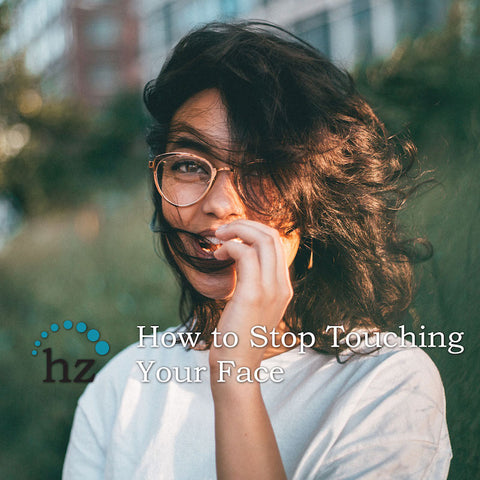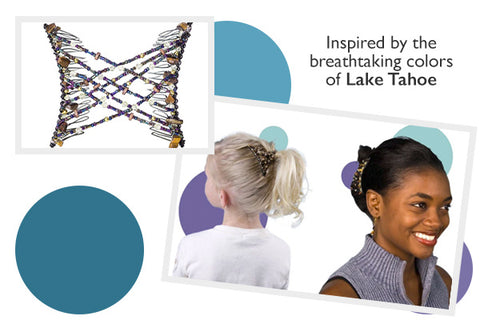Introduction
We’ve all been there. Hair falling in your face constantly, maybe from weather or activity but mostly because of stubborn hair.
With the recent coronavirus outbreak and the constant reminders to wash your hands to prevent the spread, breaking the habit of touching your face is hard to do.
Worse, a lot of advice out there seems to be “just don’t do it.”
Even suggestions as silly as putting stinky nail polish (or scented lotion, why not?) on your hands to deter you from bringing them closer to your face.
Easier said than done.
The real trick is breaking the habit of touching your face entirely. But how?
What’s Happening Now
It’s said that we touch our face up to 23 times an hour! There’s a reason humans touch their faces.
Despite the risk this poses with transmitting disease, there’s a logical reason: comfort. Psychologists suspect that touching the face may have a self-soothing quality.
Psychologist Natasha Tiwari explains, “It’s in our DNA. We’re hardwired to do it. We know this because humans as young as fetuses in utero touch their faces.”
In addition to hitting pressure points that cause relaxation, the skin-to-skin contact creates a release of oxytocin (the cuddle hormone) that can help us de-stress. It’s no wonder we’re even more tempted to do it now.
However, touching the face is one of the primary ways bacteria and disease enter the body.
“Eyes, nose, mouth — all those mucous membranes are the portal into the body for a virus like Covid-19 or SARS,” said Mary-Louise McLaws, professor of epidemiology, health care infection and infectious diseases control at the University of New South Wales in Sydney, Australia.
How to stop touching your face & almost never mindlessly touch it.
Anticipate the triggers
Since touching the face is mostly unconscious, just trying not to is a difficult thing to do.
What’s more effective is anticipating the things that tempt you to touch and plan ahead. Things like fixing makeup, biting nails, allergies and making sure your glasses fit well on those face so you won’t have to adjust them often.
"It's in our DNA. We’re hardwired to do it. We know this because humans as young as fetuses in utero touch their faces."
Keep your skin comfortable so that you won’t have to itch/pick at your skin if it is dry and uncomfortable. Use what you need when your hands are clean (ex. At home) like moisturizers, balms, gentle soaps, hydrocortisone if you have eczema, etc.
Since nothing brings the hands up faster than hair falling in the face, keeping your hair back is a preemptive strike.
Hairzing makes stylish accessories that keep hair up to help prevent touching your face for stretches of time. No more adjusting elastic or fixing clips. Just carefree style that lasts, and it can help you break this dirty habit.
Keep hands busy
For someone who’s used to talking with their hands, touching the face is a short trip away. Handheld devices (ie. fidget spinners or stress balls) can be a perfect distraction for wandering hands.
Just make sure to keep those items sanitized with regular cleaning as well!
If you need to touch your face (adjust glasses, bad itch), then use the back of your wrist. It's not too much harder, and what else are you really touching with the back of your wrist? Make sure your handwashing extends that far if you do it.
Replace touching your face with another behavior. Try to bring your hands together or stick them in your pockets. The point is to train yourself not to touch. Eventually, the habit will break.
Closing
Above all else, keeping the hands germ-free is your #1 defense against transmitting diseases like Covid-19 and is incredibly helpful when preventing breakouts.
Just think of how many things and public surfaces we touch a day.
There’s no need to obsess however, even scary diseases like coronavirus can’t withstand a simple mix of soap and warm water. Hand wash regularly!
Find more recommendations from the World Health Organization on how to stay safe from COVID-19.
Header Photo by Mason Wilkes on Unsplash
Written by: Ruthie Aideyan























